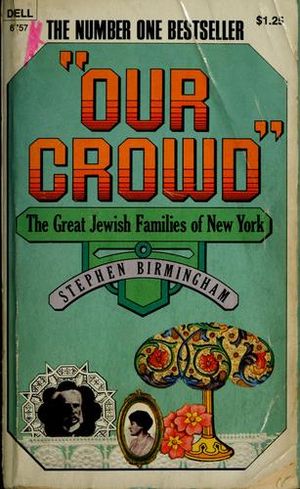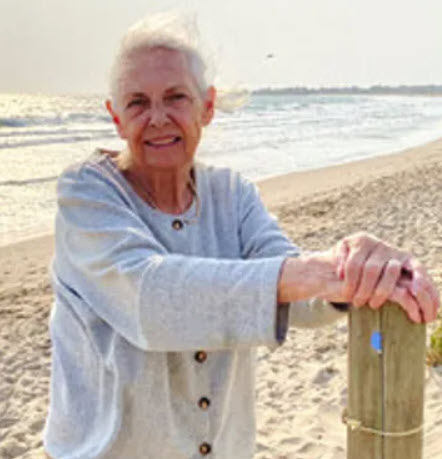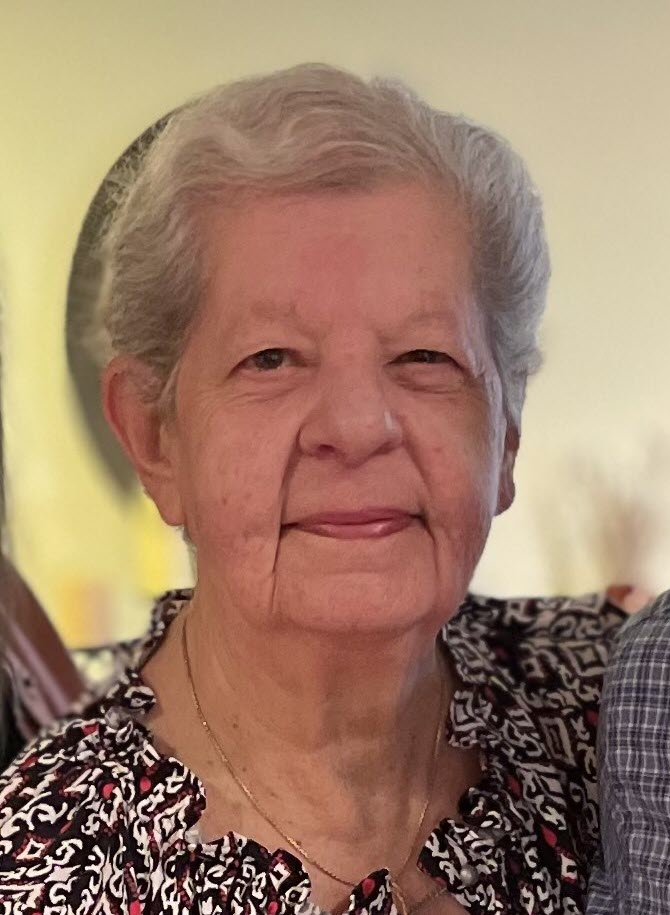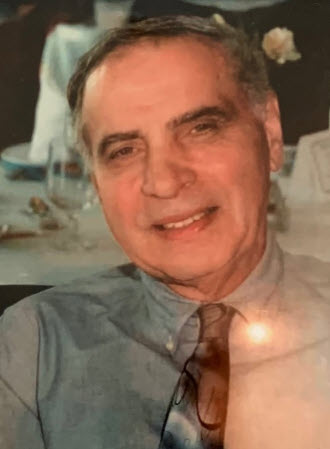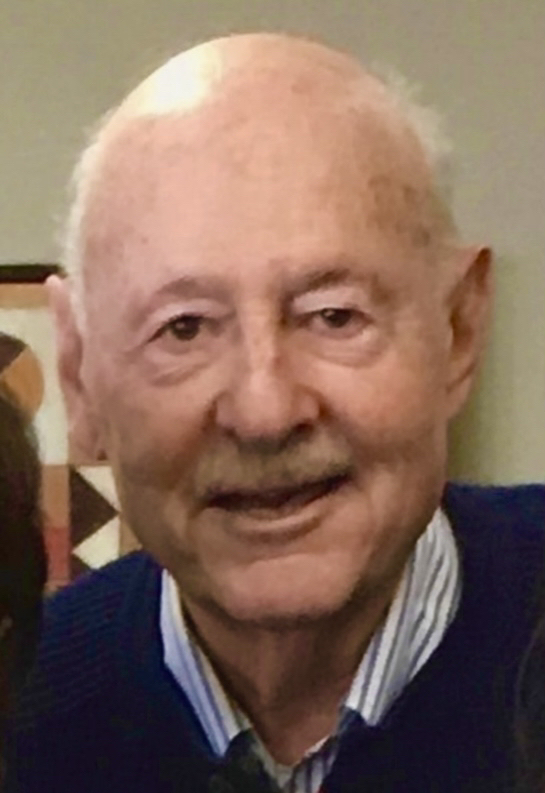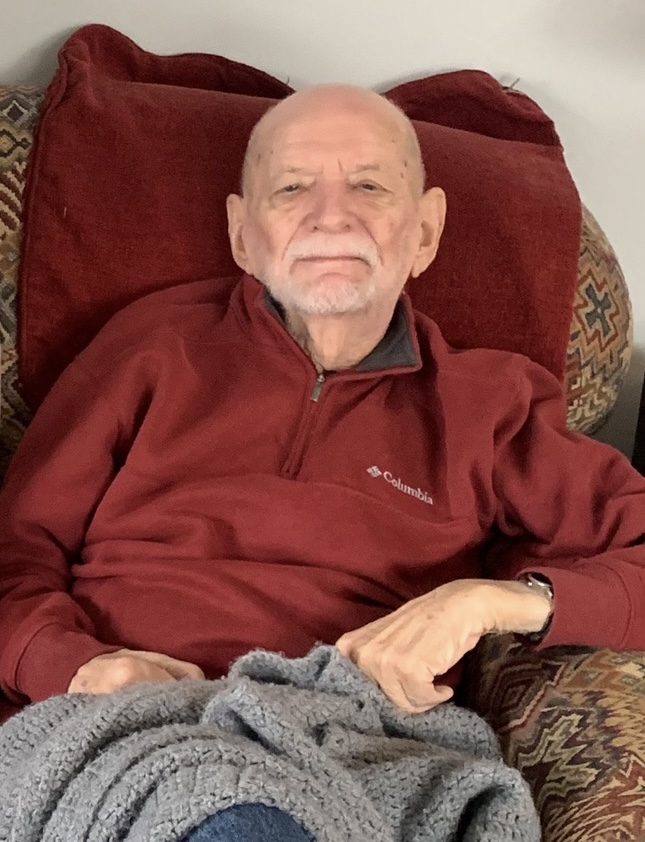Author of Our Crowd, Who Spent Years in Rye, is Dead
Author Stephen Birmingham, perhaps best known for his book Our Crowd: The Great Jewish Families of New York, is dead. Birmingham lived in Rye with his wife and children until his divorce in 1974:
"Stephen Birmingham, the prolific novelist, purveyor of popular sociology and raconteur of the rich and famous in best-selling books like “ ‘Our Crowd’: The Great Jewish Families of New York” and “The Right People: A Portrait of the American Social Establishment,” died on Sunday at his home in Manhattan. He was 86…
Mr. Birmingham was not to the manner born himself, but to manners bred. He was often mistaken for being Jewish because of his trilogy of social histories of American Jews. The others were “The Grandees: America’s Sephardic Elite” and “The Rest of Us: The Rise of America’s Eastern European Jews.”…
Stephen Gardner Birmingham was born in Andover, Conn., east of Hartford, on May 28, 1929, to Thomas Birmingham, a lawyer, and the former Editha Gardner. His parents sent him to the elite Hotchkiss School in Connecticut, where, he recalled, “there were no blacks, maybe one Chinese person, who was the son of a missionary, and a quota on Jews.”…
After graduating from Williams College in 1950 with a degree in English, Mr. Birmingham worked as an advertising copywriter in New York for Needham Harper Steers (now DDB Worldwide). His accounts included the department store Gimbels and Ladies’ Home Journal, for which he was credited with writing the slogan “Never underestimate the power of a woman.”…
Until their divorce in 1974, Mr. Birmingham and his wife, the former Jane Tillson, lived in Rye, N.Y., where they raised their three children.
In addition to his son Carey, survivors include Mr. Birmingham’s partner, Edward Lahniers; another son, Mark; a daughter, Harriet; his sister, Susan Losee; and a granddaughter…
The book critic Phoebe-Lou Adams once described Mr. Birmingham in The Atlantic as “a persistent explorer of ethnic byways provided they are paved with gold.”
He did not disagree. “Yes,” he told an interviewer from Publishers Weekly in 1984, “I think rich people are more interesting than poor people, don’t you?”"
Read the full obit in The NY Times.
Read the obit in the Washington Post.

